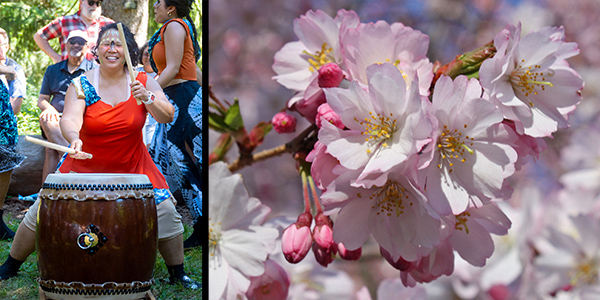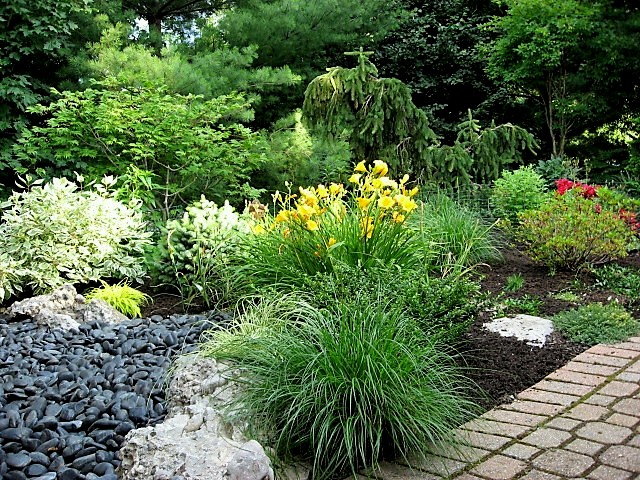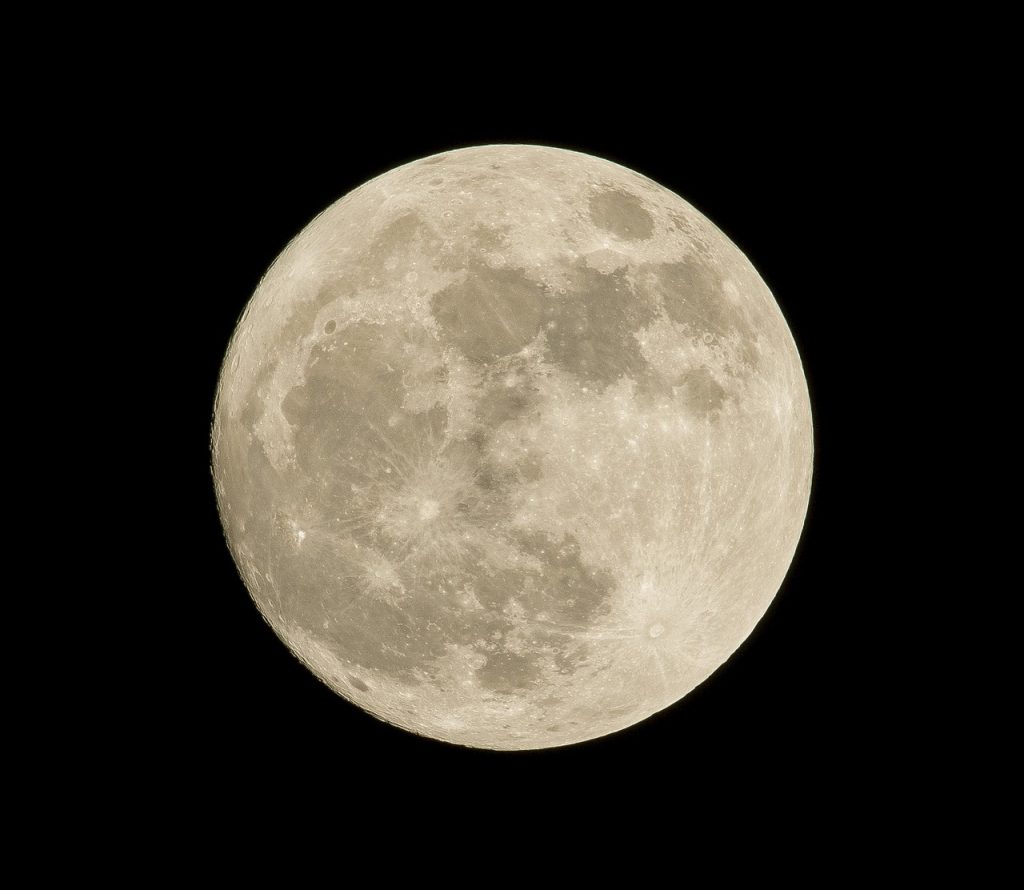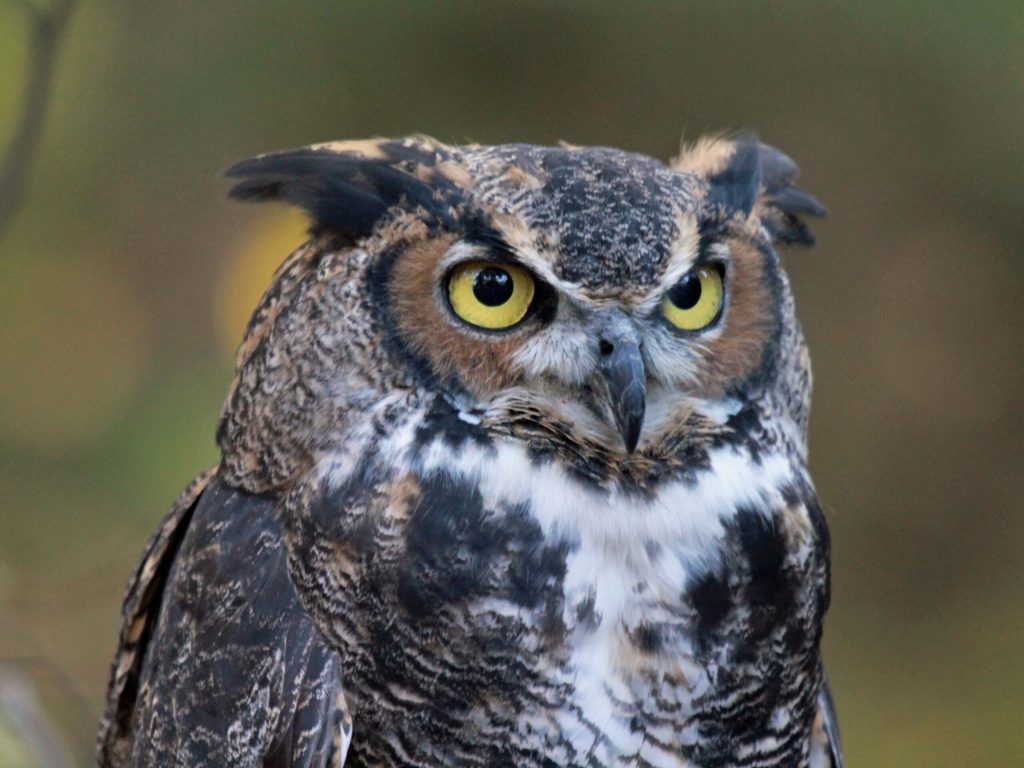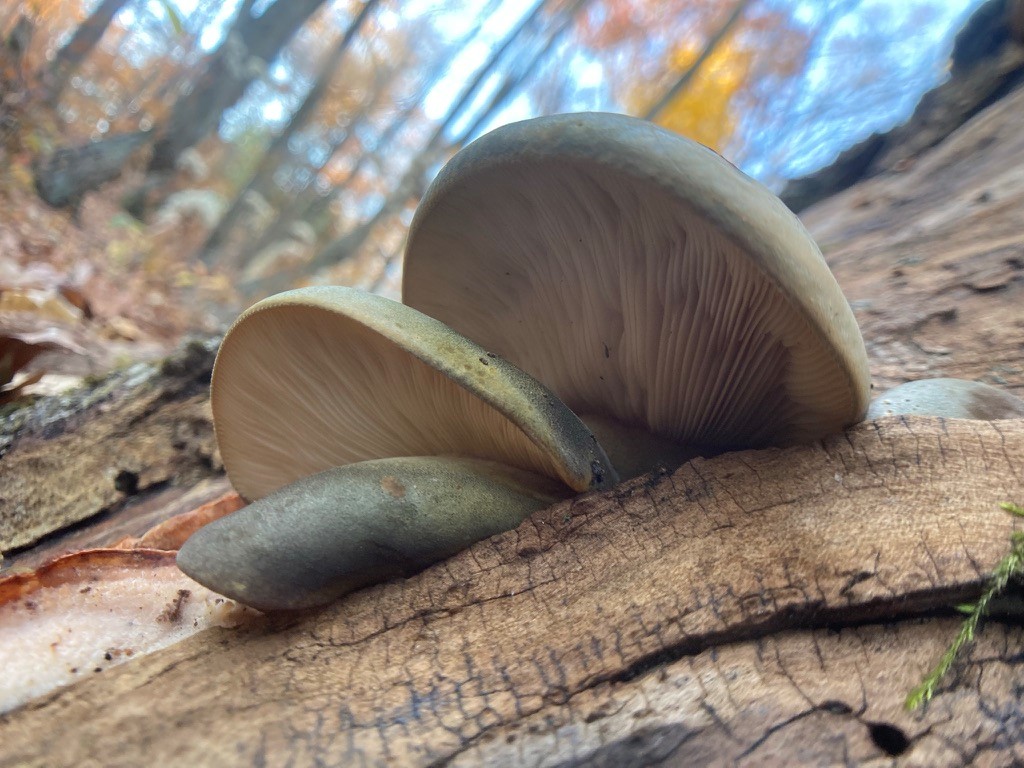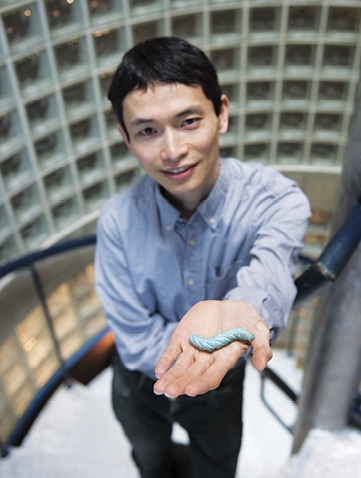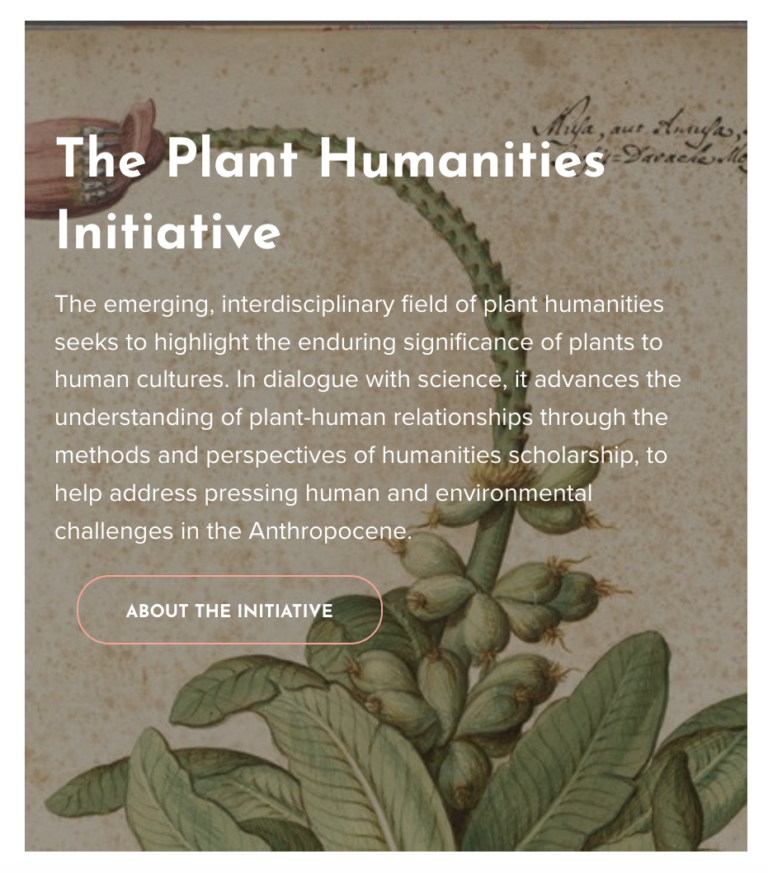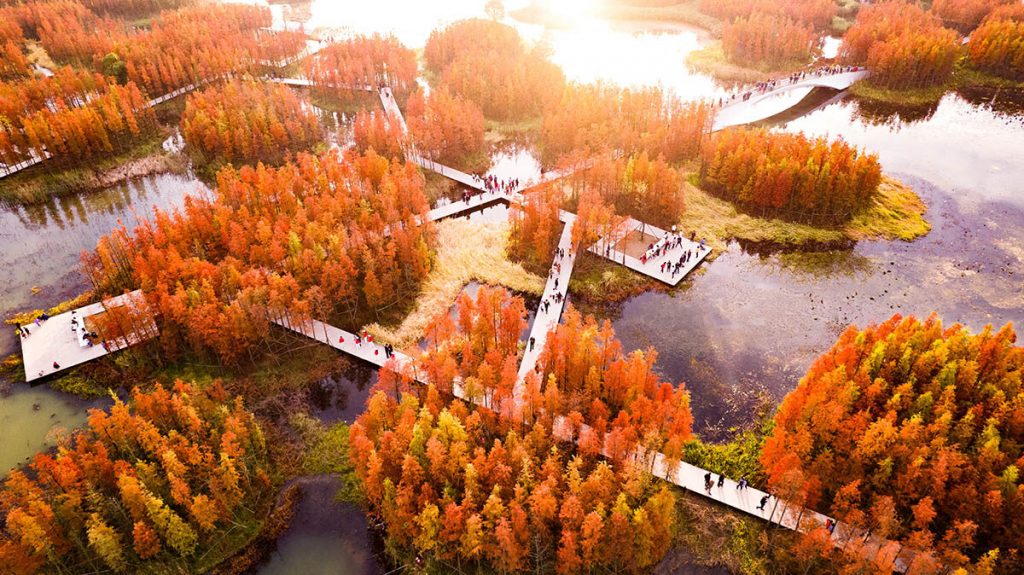Friday, April 12, 6:00 pm – 7:00 pm – Taiko Drumming in the Cherry Blossoms
In Japan, the appearance of cherry blossoms (sakura) in early spring is marked by festivals, family gatherings, and flower viewing where the trees thrive. At the Arnold Arboretum, the cherry collection along Forest Hills Road draws visitors to enjoy their spectacular and ephemeral displays. Among the showstoppers is the Sargent cherry, which was introduced to North America by the Arboretum and named for our founding director who collected the species on his 1892 expedition to Japan.
Come celebrate sakura and Japanese culture in our Bradley Rosaceous Collection near the ponds and the Forest Hills Gate on Friday, April 12 from 6–7 p.m. Enjoy the rhythms of Taiko drumming by Karen Young and KASA Taiko from 6–6:30 p.m. and learn calligraphy and Japanese games with Showa Boston Institute. Visitors are welcome to bring a blanket to sit on for the performance. This event is appropriate for all ages.
